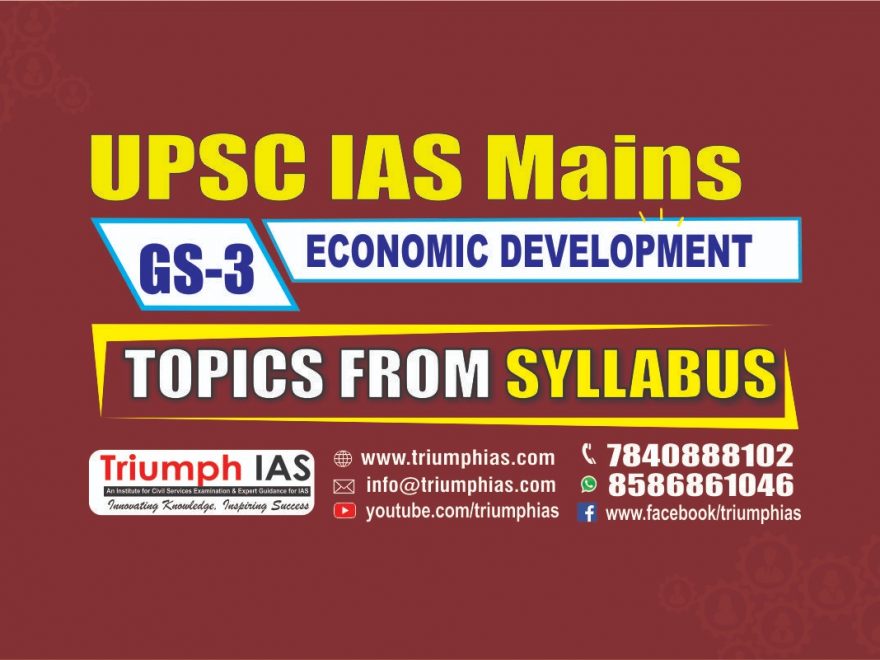Relevance: Mains: G.S paper III: Indian Economy
Why in news?
- Abhijeet Banerjee, Esther Duflo and Michael Kremer’s Nobel Prize for ‘randomised control trials’ or RCTs brought back fond memories of our Masters in Gokhale Institute of Politics and Economics.
- After the announcement of the Nobel Prize 2019, there was a lot of replugging of articles written by people who disagreed with the RCT and the results it produced.
- As the saying goes, if you put two economists in a room, you will get two opinions, unless one of them is Lord Keynes, in which case you would get three opinions.
Example:
- Privatisation of hospitals could require a broader analysis in the context of the implementation of Ayushman Bharat, but providing vegetarian or non-vegetarian food to students is more likely to be area-specific – small and manageable problems, as they are called.
Idea of Nyay programme:
- In that context, Banerjee’s role in ideating the Nyay programme – giving 72,000 a year to the poorest (Rs 6,000 a month) – was a prominent election plank for the Congress.
- All and sundry criticised that it will mean higher taxes for corporates and high networth individuals.
- Well, the latter has already happened, and the corporate sector got relief only after the economic growth rate started faltering.
Case study:
- Telangana Chief Minister K Chandrashekhar Rao’s Rythu Bandhu scheme, which provides Rs 5,000 per acre per season has been a huge success.
- It has boosted consumption, and the state is one of the top ones in goods and services tax collections and needs minor or no compensation from the centre.
- So, money at the hands of the people is working. And KCR is a winner, politically.
Way forward:
- If Congress really wants to show to people that it was serious about Banerjee’s proposal on Nyay, it should implement it in the five states – Punjab, Rajasthan, Madhya Pradesh, Chhatisgarh and Puducherry – in which it is in power.
- The resource is a question. But state government can raise money through bonds, and if consumption is revived, tax collections follow. It can also be targeted and done in phases.
- This would strengthen the view that like democracy, economics can be of the people, for the people and by the people.

